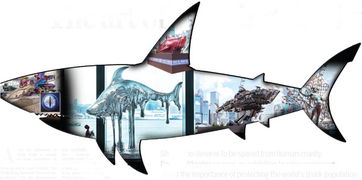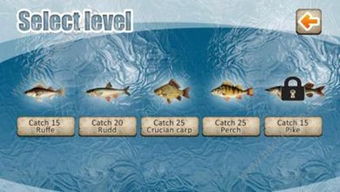Content:
Introduction: Fishing is an enjoyable and relaxing hobby that can be both a rewarding and challenging endeavor. Whether you are a beginner or an experienced angler, the thrill of catching fish is something that never gets old. However, to maximize your success and become a pro at catching fish every day, it is essential to have a solid understanding of the necessary techniques and tips. In this article, we will discuss the key strategies and tricks to help you improve your fishing skills and increase your chances of landing more fish.
Choose the Right Equipment: The first step in mastering the art of fishing is to ensure that you have the right equipment. Here are some essential items to consider:
a. Rod and Reel: Select a rod and reel that match the type of fish you are targeting. For example, a spinning rod and reel are suitable for light to medium-sized fish, while a baitcasting rod and reel are ideal for larger fish.
b. Line: Use the appropriate line strength for the fish you are targeting. Thicker lines are better for larger fish, while thinner lines are more suitable for smaller fish.
c. Lures and Bait: Choose lures and bait that are known to attract the fish you are targeting. Research the species you want to catch and use the appropriate lure or bait.
Learn the Basics of Casting: Casting is a fundamental skill that every angler should master. Here are some tips to improve your casting technique:
a. Practice casting in a wide area to develop your accuracy and distance control.
b. Keep your rod tip low during the casting motion to increase the distance and reduce the likelihood of snags.
c. Use a smooth, continuous motion when casting to ensure the lure or bait reaches the target.
Understand Fish Behavior: To become a successful angler, it is crucial to understand the behavior of the fish you are targeting. Here are some tips to help you gain insight into fish behavior:
a. Study the fish's habitat: Determine where the fish are likely to be found and what type of structure they prefer.
b. Learn about the fish's feeding patterns: Identify the times of day when the fish are most active and likely to bite.

c. Observe the water conditions: Understand how factors such as water temperature, clarity, and flow can affect fish behavior.
Adjust Your Techniques: Once you have a basic understanding of fish behavior, it is essential to adapt your techniques accordingly. Here are some tips to help you adjust your approach:
a. Vary your lure presentation: Experiment with different retrieves, pauses, and movements to entice fish to bite.
b. Adjust your lure size and color: Use larger lures when targeting larger fish and brighter colors in low-light conditions.
c. Change your bait selection: If you are not having success with a particular bait, try switching to something else that is known to attract the fish you are targeting.
Pay Attention to the Weather: Weather conditions can significantly impact fish behavior. Here are some tips to help you fish effectively in different weather conditions:
a. Fish during overcast days: Fish are less likely to be spooked by shadows and movement on overcast days.
b. Fish early in the morning or late in the evening: Fish are more active during these times due to cooler water temperatures.
c. Avoid windy days: Wind can make it difficult to cast and can spook fish, so try to fish on calm days.
Practice Patience and Persistence: Fishing requires patience and persistence. Here are some tips to help you stay focused and motivated:
a. Take breaks: Rest and relax between fishing sessions to clear your mind and maintain your focus.
b. Keep a positive attitude: Stay optimistic and remember that every day is a new opportunity to catch fish.
Conclusion: Mastering the art of fishing takes time, practice, and dedication. By following these essential tips and techniques, you can improve your fishing skills and increase your chances of catching more fish every day. Remember to always respect the environment and practice ethical fishing practices. Happy fishing!












